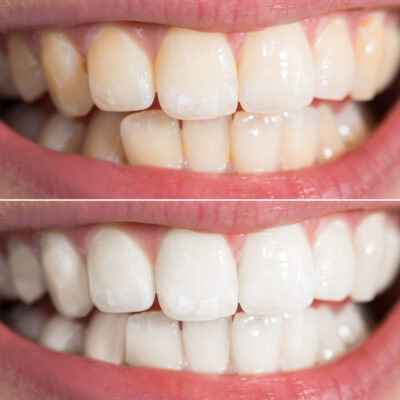
Medication and Lifestyle Changes for Congestive Heart Failure
Congestive heart failure (CHF) is a progressive condition that causes the heart to pump blood ineffectively. While commonly referred to as heart failure, CHF refers to the specific stage in which the heart pumps ineffectually due to a buildup of fluid. When the lower chambers of the heart, known as ventricles, can’t pump enough blood volume to the body, the blood and other fluids can back up inside the lungs, liver, abdomen, and lower body.
CHF can be caused by hypertension, coronary artery disease, valve conditions, and other conditions including obesity, diabetes, and thyroid disease. To treat CHF, doctors and medical specialists will usually prescribe medication and lifestyle changes, including the following:
1. Medication for congestive heart failure
Medication is one of the first-line treatments for congestive heart failure. Some of these include the following:
- ACE inhibitors
These medicines help in relaxing and opening up blood vessels so that the heart can pump blood easily. Benazepril, enalapril, ramipril, lisinopril are some of the ACE inhibitor medications prescribed for patients. These medicines may interfere with thiazide diuretics and non-steroidal anti-inflammatory drugs and may affect blood pressure. They should not be taken without consulting a doctor.
- ARBs
ARBs are angiotensin receptor blockers. They work in the same way as ACE inhibitors, but have fewer side effects as compared to ACE inhibitors and are hence prescribed for some patients. Losartan, candesartan, and valsartan are some of the ARBs prescribed commonly.
- Beta-blockers
These drugs slow the heart down and can reduce blood pressure. Atenolol, bisoprolol, and metoprolol are some of the common beta-blockers prescribed. Minor side effects like dizziness may be experienced, which decreases over time.
- MRAs
MRAs are mineralocorticoid receptor antagonists and help to pass more urine and reduce fluid buildup around the heart. They can also help in reducing blood pressure. Common MRAs prescribed are spironolactone and eplerenone. The problem with these is that they can increase potassium levels in the blood.
- Diuretics
Diuretics also help to pass urine and reduce fluid around the ankles. Furosemide and bumetanide are common diuretics prescribed. Reduced sodium and potassium levels are side effects of this medication. Aldactone is a diuretic that removes sodium but retains potassium levels. Thiazide diuretics, apart from removing fluid, also causes blood vessels to widen.
2. Lifestyle changes as a treatment for congestive heart failure
One of the things those suffering from congestive heart failure need to do is to change their lifestyle. This is as important as medicines to ensure symptoms are under control. The following need to be done as a part of lifestyle change:
- Reduce salt as it can cause fluid buildup.
- Avoid processed foods and processed meat that contain salt.
- Eat fresh fruits and vegetables. Eat more vegetables with fiber that can control cholesterol and blood sugar levels.
- Include food with omega-3 fatty acids in the diet, such as salmon, tuna, walnuts, almonds, and flaxseed.
- Give up smoking and consumption of alcohol.
- Have sufficient rest and remember that a good night’s sleep is important. Raising the head using pillows can help in ensuring a good night’s sleep.
- Exercise for 150 minutes a week. Walking, cycling, and swimming can help keep the heart-healthy. A cardiologist can suggest the correct kind of exercises to prevent the heart from undergoing excessive strain.
- Regular health checkups with a cardiologist is a must.


